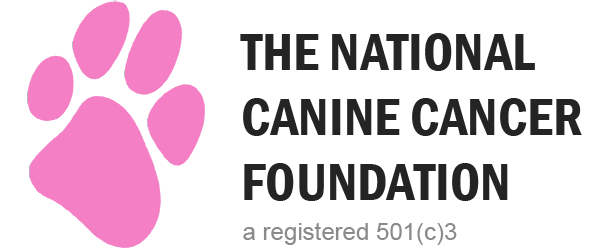Grant : Biodynamic imaging as a promising strategy for personalized therapy of canine diffuse large B-cell lymphoma.
Principle Investigator:
Michael O. Childress, DVM, MS
Assistant Professor of Comparative Oncology
Co-Section Head, Oncology
Purdue Comparative Oncology Programe (PCOP)
Purdue University College of Veterinary Medicine
We had a chance to catch up with Dr. Michael Childress at Purdue about the progress of his grant and found that he had some exciting news! He and his team have been working on a test that will be able to tell owners if CHOP therapy will work on their dog who has been diagnosed with diffuse large B-cell lymphoma.
The goal of this part of the grant was to establish the ability of biodynamic imaging (BDI) for predicting outcome following CHOP chemotherapy in dogs with diffuse large B-cell lymphoma.
B-cell lymphoma is the most common type of lymphoma dogs are diagnosed with. CHOP therapy is also the most common treatment for lymphoma. Dr. Childress and Dr. David Nolte, his co-PI, have developed a machine learning algorithm that discriminates the difference between a dog who will respond well to treatment and one who might not respond well to treatment. Dr. Childress classifies the dogs as either “good responders” or “poor responders.” According to Dr. Childress, “Poor responders were considered dogs that experienced either partial cancer remission (rather than complete remission) following CHOP, or had a very short duration of remission (less or equal to ~90 days). Good responders were dogs that experienced complete cancer remission and had remission durations greater than or equal to ~230 days. He went on to explain that “the good responders all completed their initial course of chemotherapy, while the poor responders all experienced cancer progression while they were still receiving their first course of chemotherapy.”
The exciting news is that BDI predicts good response vs poor response of B-cell lymphoma to CHOP with high accuracy! This means that once the study is completed as they follow the remaining dogs that there will be a test that will help to determine how to proceed if you have a dog with B-cell Lymphoma.
Gary and I have faced canine cancer 7 times now and one of the questions we always ask is if the treatment will give our dog and more quality of life and a chance to live longer. A test like this one will allow us to make a more educated decision for our fur-kids on how to proceed with treatment or if we just need to spend the time we have left with them doing their favorite things and enjoying quality time.
Your donation dollars have contributed to this finding, to this test becoming a reliable part of canine cancer treatment. We need to finish paying for this grant, there is still time to be a part of this amazing discovery!
Please share the NCCF with your friends around social media! Join the Fight and give as much as you can today. Think about becoming a Core Member. Your monthly commitment will help further the mission of the National Canine Cancer Foundation
“The passion that moves us forward is from experiencing what Cancer really does to the ones we love. We are driven because there is a hole in our soul where once was the love of our dog.”
Related Pages:


Recent Comments